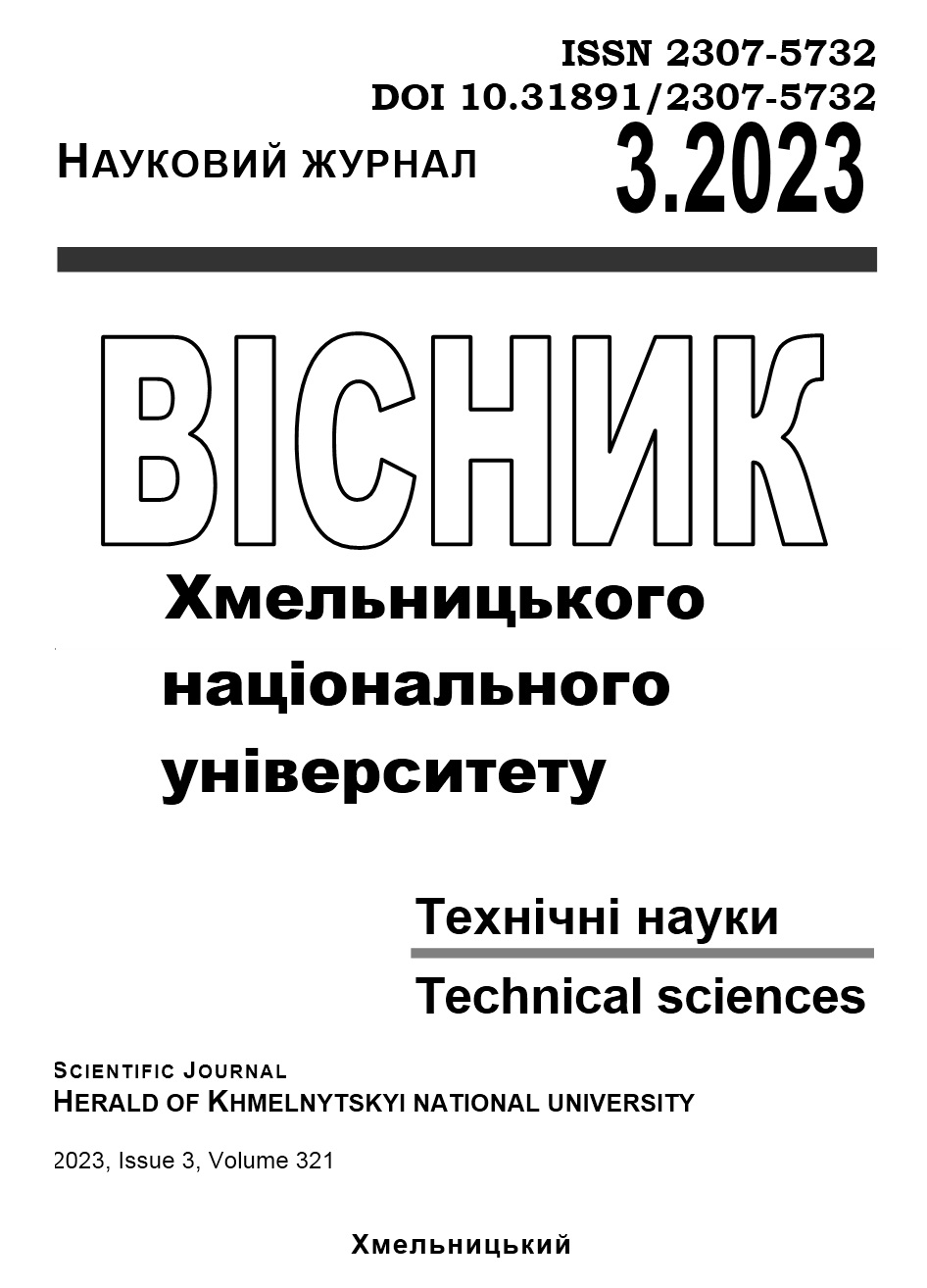TIME OPTIMIZATION OF PROCESS OF DATA CONSISTENCY IN NOSQL
DOI:
https://doi.org/10.31891/2307-5732-2023-321-3-37-42Keywords:
databases, NoSQL, waiting time, Big Data, data array, relational databaseAbstract
It is emphasized that the performance of a distributed information system depends on many factors, including the size and structure of the database, the hardware used, the number of replicas and their geographical location. A conclusion was made about the perspective of the concept of non-relational NoSQL databases and it was concluded that it was proposed for efficient storage and provision of quick access to large volumes of information, the so-called Big Data, which cannot be achieved using traditional relational database management systems. The essence of the concept of "NoSQL database" is revealed and the currently existing difficulties in using large systems are named.
In NoSQL databases, multiple replication (copying) of a record is used to ensure high fault tolerance. But there is a significant drawback for them, because these systems do not support the mode of conducting transactions and blocking, so there is a problem of data reconciliation. It is emphasized that NoSQL databases mainly use two methods of placing and updating the time of the data consistency process in NoSQL: according to the principle of "master-slave" and "ring". A model of strong data reconciliation in NoSQL is described and an example of time optimization for the healthcare system is considered. It has been established that even with large values of the intensity of receiving requests for reading λ, the waiting time does not exceed 3 ms. However, when performing analytical queries, this time can increase, so with large N and high intensity of incoming read requests, this time can reach 7 ms.
Downloads
Published
Issue
Section
License
Copyright (c) 2023 РОМАН БЕЛОУС, ЄВГЕН КРИЛОВ (Автор)

This work is licensed under a Creative Commons Attribution 4.0 International License.

